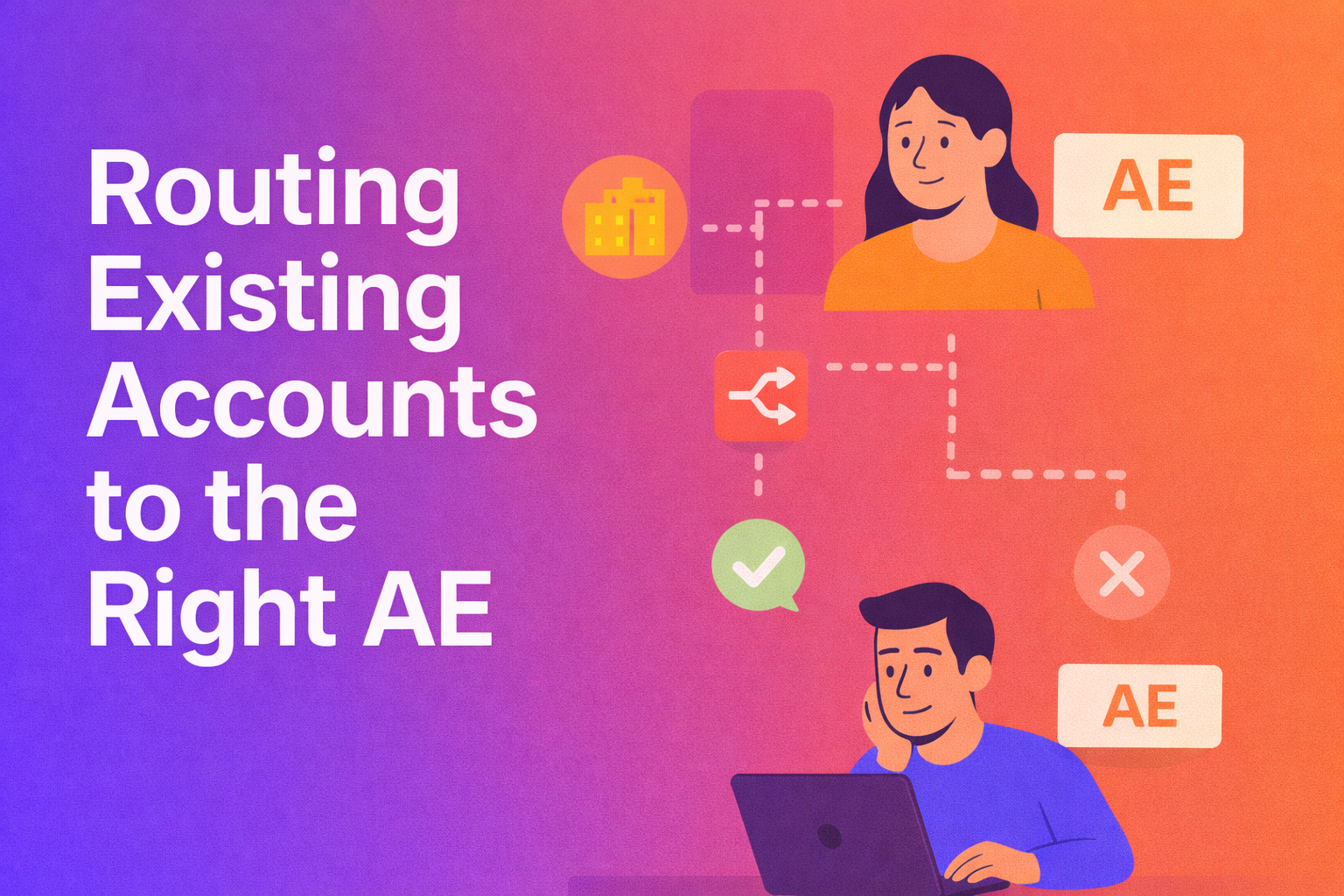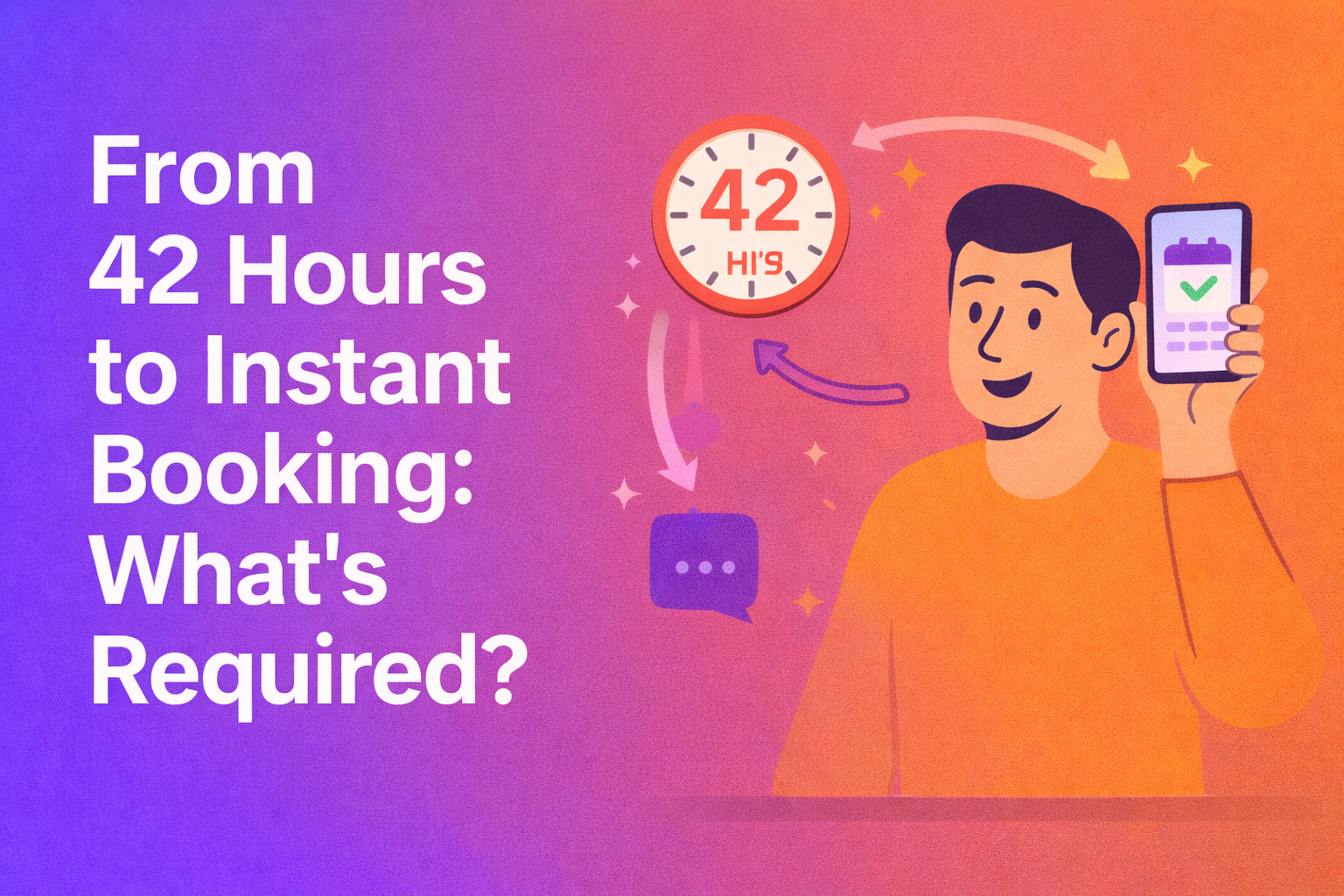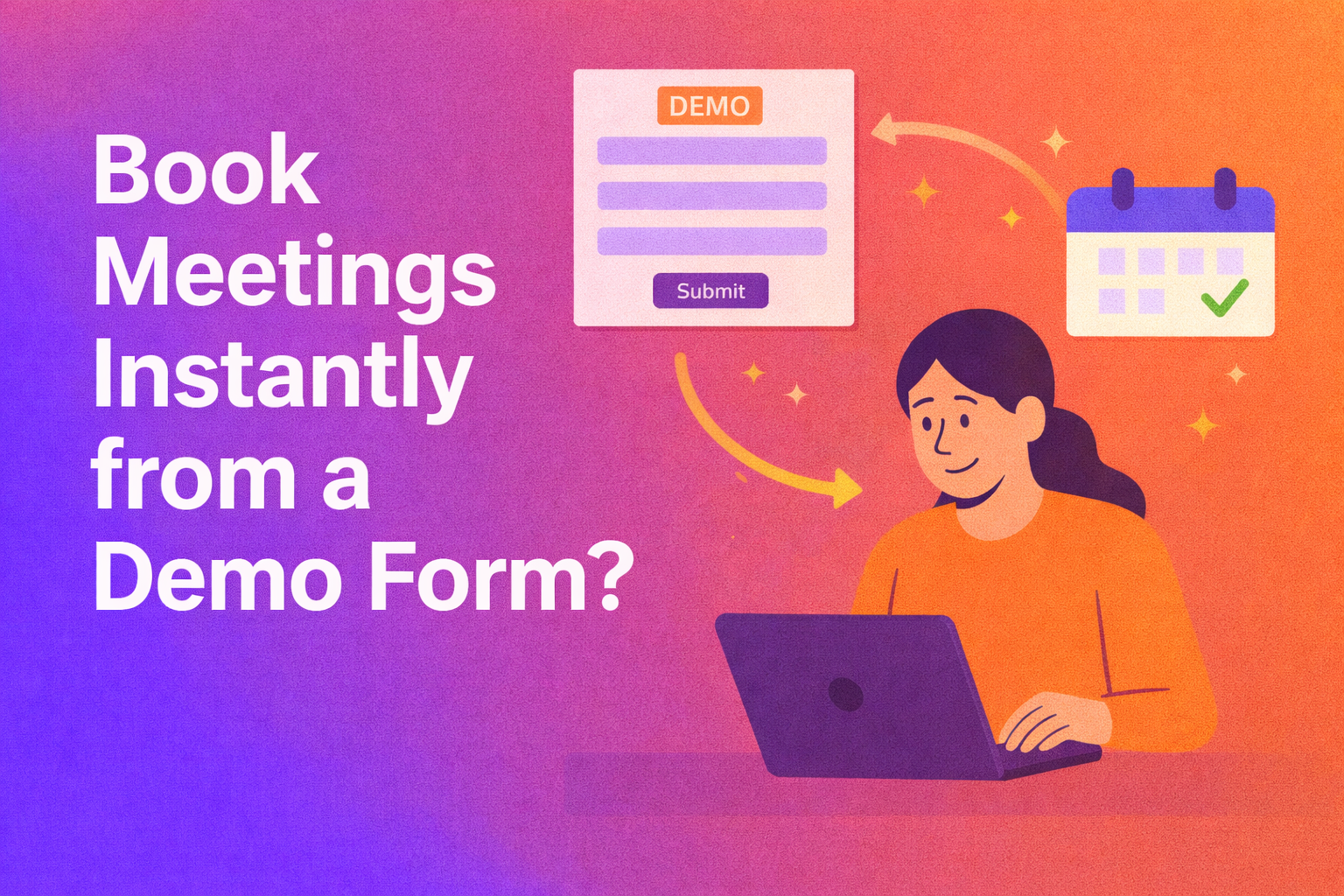It’s the early 1970s, and the soda wars are in full swing.
In one corner, you’ve got Pepsi, looking to out-fizz the competition. In the other corner? A young, slightly obsessive Harvard Psychophysicist named Howard Moskowitz, who’s about to change the way you think about food forever.
Howard wasn’t your typical scientist. He had a weird fascination with taste buds—the tiny little sensors on our tongues that can make or break a product. Pepsi, in their quest for the perfect Diet Pepsi, figured Howard was their guy. Their mission: nail down the perfect amount of aspartame (that love-it-or-hate-it sweetener) to make soda drinkers swoon.
So Howard got to work, the only way a scientist knows how — by experimenting. He whipped up a bunch of samples, each with a different level of sweetness, from 8.0% to 12.0%. Then, armed with his sugary concoctions, he hit the streets, getting thousands of people to sip, savor, and share their thoughts.
The feedback poured in—some folks shrugged, some smiled, and others let out a satisfied burp. Howard gathered it all up, a treasure trove of data.
Now came the tricky part. Howard dove into the numbers, plotting graphs and expecting that “aha” moment to reveal itself. But instead, he hit a brick wall. The data was all over the place, messier than a toddler with a bowl of spaghetti. No clear answer, no perfect Pepsi, just a whole lot of confusion.
Howard was baffled. He knew the data was good, but the solution? It was playing hard to get. Days turned into weeks, and weeks into years, the riddle of the perfect Pepsi nagged at him like a song stuck on repeat.
Then one night, while dining at a restaurant in White Plains, New York, it hit him like a bolt of lightning: they’d been asking the wrong question all along. The problem wasn’t finding the perfect Pepsi — it was that there was no single perfect Pepsi. There were perfect Pepsis.
Malcolm Gladwell would later call this one of the most brilliant breakthroughs in food science. But Pepsi? They didn’t get it. They shrugged off Howard’s insight like it was just another kooky idea.
But Howard wasn’t one to give up. He knew he was onto something big. So when his next client came knocking — this time for pickles — he laid it out straight. They weren’t searching for the perfect pickle. They were looking for the perfect pickles.
And what happened next? Zesty pickles that zinged, Cherry Vanilla Dr. Pepper that made taste buds dance, and extra chunky tomato sauce that turned pasta night into a feast. That’s Howard’s doing. His revelation changed the food industry forever, and our taste buds have never been the same.
Now, why does this matter to a B2B company’s GTM motion?
Here’s the thing — just like the variety of sodas, cereal, spaghetti sauce, and crisps that we have at our disposal, B2B buyers have options. Lots of them. And in fact, there are 14,000 companies that are providing some form of sales and marketing technology today.

It's hard to compete with 14,000+ SaaS companies and to get noticed by the prospect, so why would you make them wait 24 hours to talk to sales once they show interest?

If you make them wait, they’re not going to sit around twiddling their thumbs; they’ll start looking elsewhere.
So, when a prospect asks for a demo, think of it as your moment to shine. Don’t make them wait while you figure out if they’re “qualified”.
In a world where your prospects have nearly unlimited options to solve the same problem you solve, making your prospects wait might not be what your pipeline needs or deserves. Because the difference between a company that responds to a prospect in 24 hours and a company that responds to them now, is the difference between a company that lost a lead and a company that won over a customer.
Let RevenueHero help your team turn high-intent users into booked meeting without slowing down your funnel.



.avif)








